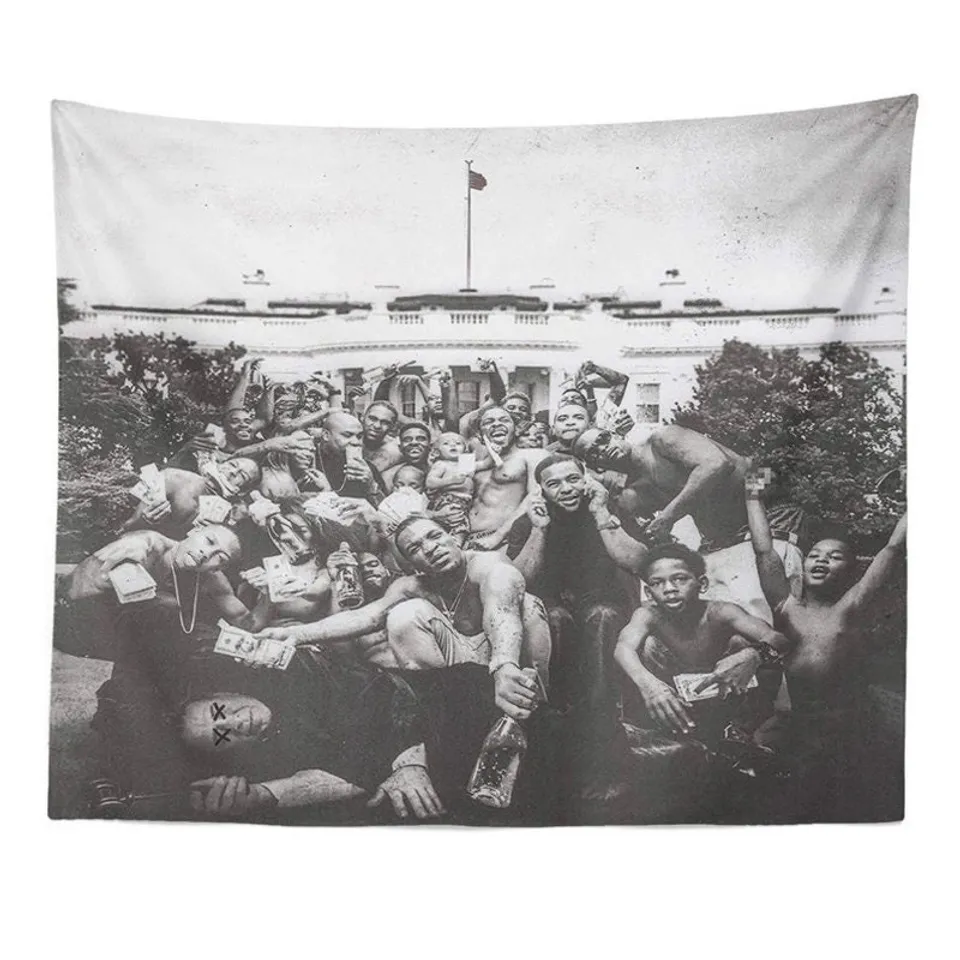Alfred Anderson | Staff Writer
DeErricka Green | Managing Editor

On Sunday, Feb. 2, former N.C. State quarterback Russell Wilson became only the second starting Black quarterback to win a Super Bowl in NFL history. In this victory, Wilson not only represents the largest group of African-American quarterbacks to play in one NFL season, but the progress made and desired in the plight Black quarterbacks have faced for decades.
Since the 1950s, during the midst of racial turmoil in the United States, the game for Black quarterbacks has been about much more than just football. Arguably more than any position in a sport, the position of quarterback was intimately tied to the assumptions of racism directed at Black players. Quarterback is an analytical position- the most important position in our country’s most important sport. The quarterback acts as the decision-maker, the head of an army and possesses flexibility, self-control, and can give orders that his men are expected to follow. During the 1950’s, America stood firm in its propagation of Black men as “natural athletes,” implying images of primitive, animalistic behavior and intellectual inferiority; therefore no Black athlete could possibly play the esteemed position. Black athletes were often forced to change positions from quarterback to safety, which “fit” them. Positions like center and middle linebacker call for similar intellectual attributes, making these positions the last to be desegregated in the sport. With this mentality, its no wonder professional football was left segregated 20 years after sports like professional baseball.
It was not until the late 1960s that the first African-American regularly started as a quarterback in professional football. James Harris broke through the barrier as a rookie in 1969 with the Buffalo Bills. He spouted an impressive career playing with the then-Los Angeles Rams, acting as team captain, taking them to the National Football Conference (NFC) championship twice, and being voted Pro Bowl MVP. Despite this, Harris was replaced by four white quarterbacks and finally traded to be a backup player in California.
Harris’ career ended sourly, however, his experience paved the way for every African-American quarterbacks that followed. In 1988’s Super Bowl XXII, Doug Williams became the first starting Black quarterback to win the Lombardi Trophy. Steve McNair of the Titans, Donovan McNabb of the Eagles, and Colin Kaepernick of the 49ers, each made Super Bowl starts in 2000, 2005, and 2013, respectively.

Football culture has since changed, and the stereotypes that ruled professional football in Harris’ day have largely fallen, though they have not vanished outright. In 2003, conservative radio talk show host Rush Limbaugh stated in an interview with ESPN that McNabb was “overrated” as a quarterback and that praise from the media was due largely in part to their “desire that a Black quarterback do well.” More recently, discussions surrounding Kaepernick have focused on the number of his tattoos in comparison to a criminal who was just paroled. Critics belittled Carolina Panthers quarterback Cam Newton’s talent, character and intellect, making comments which Hall of Fame quarterback Warren Moon identified as “blatant racism.”
The misrepresentations that Black quarterbacks from James Harris to Russell Wilson have had to combat—that they lack the intellectual capacity, self-control, and poise to hold their position—and their ability to crush these beliefs make Wilson’s victory in Super Bowl XLVIII greater than a number on a scoreboard. Without a doubt, the experience of the Black quarterback in the NFL is evolving, because of players like Newton, Kaepernick and Wilson. Though there is still much progress to be made, these young stars are capable of leading the way and setting the bar high for future NFL prospects.






